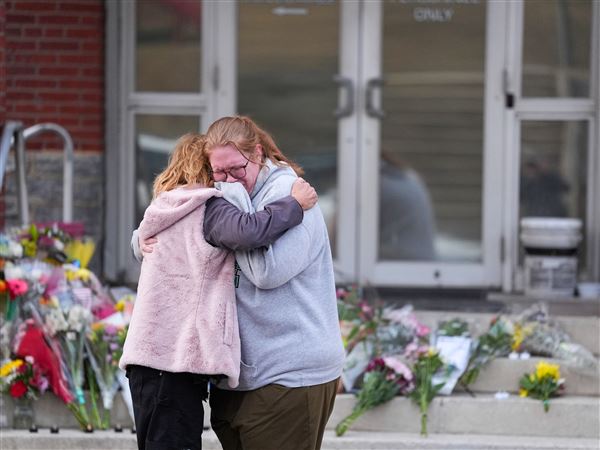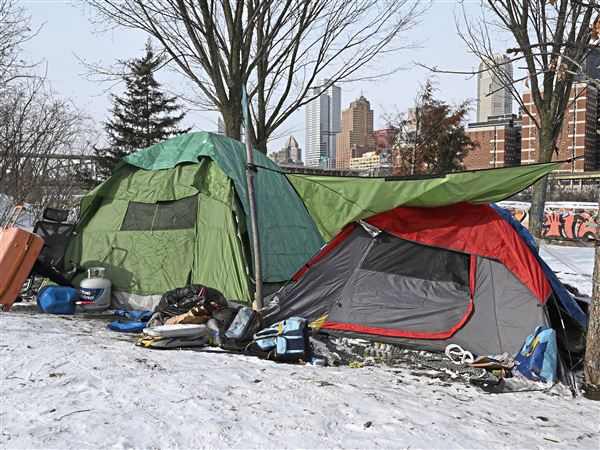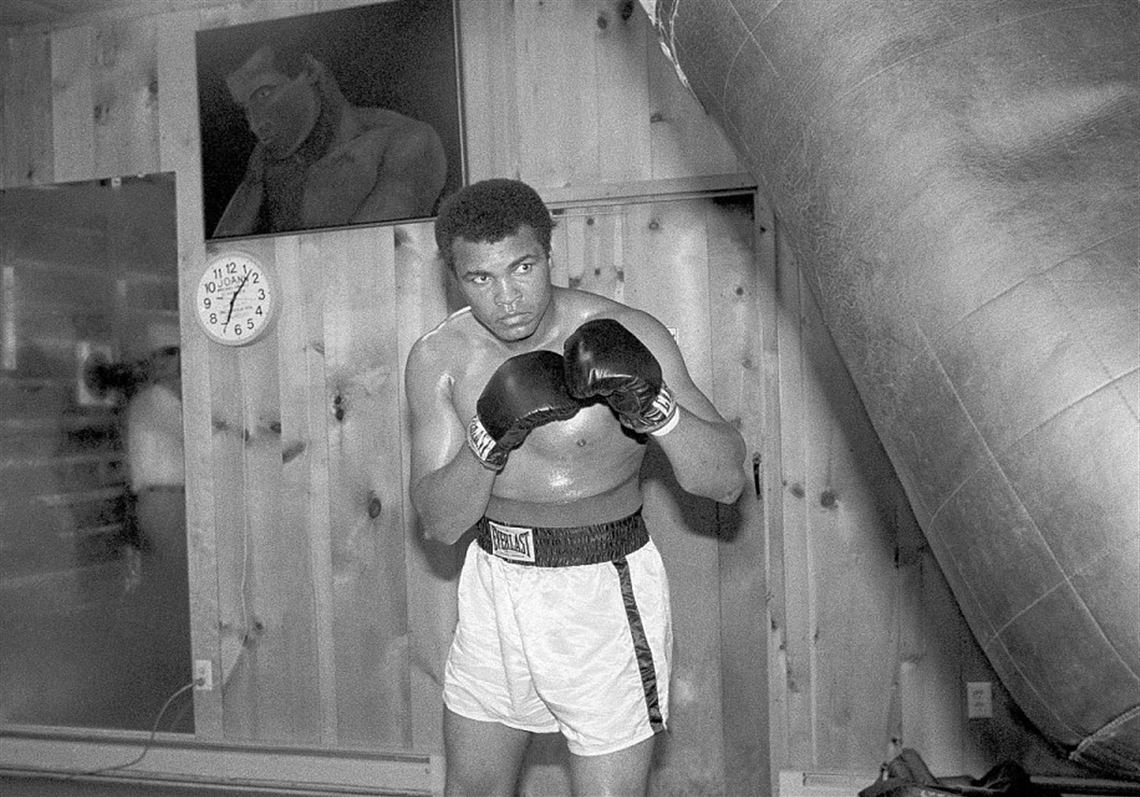LOUISVILLE, Ky.
My college class twice a year holds mini-reunions, often in cities that Americans may have little reason to visit but where classmates live and are well plugged in to open doors. We have been, as examples, to Memphis and Santa Fe. Dallas is next.
Louisville, site of this year’s reunion, was of special interest to me because it and Pittsburgh were established for roughly the same reason.
Pittsburgh, founded in 1758, sits at the juncture of three rivers, where the Allegheny and Monongahela join to form the Ohio.
Near Louisville, founded in 1778, are the Falls of the Ohio, an area of rapids where goods headed up or down the river needed to be unloaded, then warehoused or portaged before proceeding, if downriver to Cairo, Ill., where the 981-mile-long Ohio joins the Mississippi, or upriver to Pittsburgh. The falls have now been bypassed by a channel. Louisville remains. It appears to be thriving.
Parts of both cities flood, although not horribly like the coastal Carolinas or New Orleans.
Louisville’s metropolitan area has a population of about 1.4 million, versus 2.3 million for the Pittsburgh MSA. Louisville decided not to bid for Amazon’s second headquarters. There are, however, 20 new hotels under construction here, and the city’s economy, especially tourism, appears to be flourishing.
Very importantly, Louisville has resolved a problem that costs Pittsburgh dearly. Louisville merged its city and county governments years ago. People in the Pittsburgh area continue to see their taxes wasted by duplicative services. Services are provided or not provided by local governments, numbering over a hundred, and efforts to deal with the problem are shelved on delivery, including the most recent effort, led by former University of Pittsburgh Chancellor Mark Nordenberg. The source of Pittsburgh resistance to consolidation can be summed up as officials’ greed and taxpayers’ continued willingness to be fleeced.
Louisville’s strength was described to us by Mayor Greg Fischer, a frank and realistic leader, as coming from several sources. The first was the presence of advanced industrial manufacturing. Second was health insurance giant Humana, which, by the way, pushed consolidation. Pittsburgh has profitable, voracious, nonprofit UPMC instead.
Louisville has UPS. It has a strong business services sector. It has bourbon. We visited Old Forester’s distillery, the day before I wrote this column I hasten to add. Kentucky makes 95 percent of the world’s bourbon whiskey and Louisville 33 percent of that production. Bourbon is an $8.5 billion industry, employing some 17,500 people.
The mayor described Louisville government as compassionate and inclusive. It welcomes immigrants.
None of that is to say that Louisville doesn’t have problems. There is poverty, white and black, centered in West Louisville. There are many low-end “shotgun” houses. People speak of a 9th Street racial barrier, to the disadvantage of the city’s 22 percent African-American population, produced, in part, by “red-lining” — that is, discriminatory mortgage lending by banks. Louisville’s economic development is constrained by a shortage of airline connections, as is Pittsburgh’s.
Louisville’s and Kentucky’s political problems are not easily resolved. The governor won office in an election with only 17 percent voter turnout. Democratic Rep. John Yarmuth, who addressed our group, pledged allegiance to bipartisan cooperation but admitted that Congress attacks most problems at two miles per hour. He said that legislators’ attention now is focused entirely on elections, not governing. Areas of compromise essentially do not exist, he said. Criticism of the Senate majority leader, Mitch McConnell of Kentucky, didn’t encounter much pushback from people here, although the state undoubtedly benefits from his powerful position.
If there is a hero in Louisville, it is boxer Muhammed Ali, born here as Cassius Clay, for whom Walnut Street, a major thoroughfare, was renamed Muhammed Ali Boulevard in 1978. Our hotel, built in 1905, is located on it. All of our prominent local speakers talked of him. He is alleged to have thrown his Olympic gold medal off a Louisville bridge when he was refused service in a local restaurant.
It is hard to say if Kentucky is a Southern state, or if that is still a useful differentiation. One of my classmates, from South Carolina, says it is considered one even though it did not join the Confederacy. Still, Indiana is just across the Ohio River and linked by many bridges. And, in any case, Louisville, which residents pronounce “Looavul,” is quite a city, seemingly a nice place to live and well worth a visit — it’s the home of Churchill Downs and the Kentucky Derby, too.
What struck me most vividly about Louisville, though, was its leaders’ candidness about the city’s problems and their willingness to attack them. A good way for Pittsburgh to start advancing on this front would be to merge the city, county and some local municipalities. But city-country consolidation is the problem whose name is not spoken.
Dan Simpson, a former U.S. ambassador, is a columnist for the Post-Gazette (dhsimpson999@gmail.com).
First Published: September 26, 2018, 4:00 a.m.

















